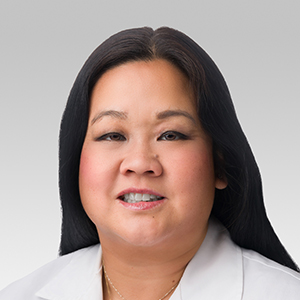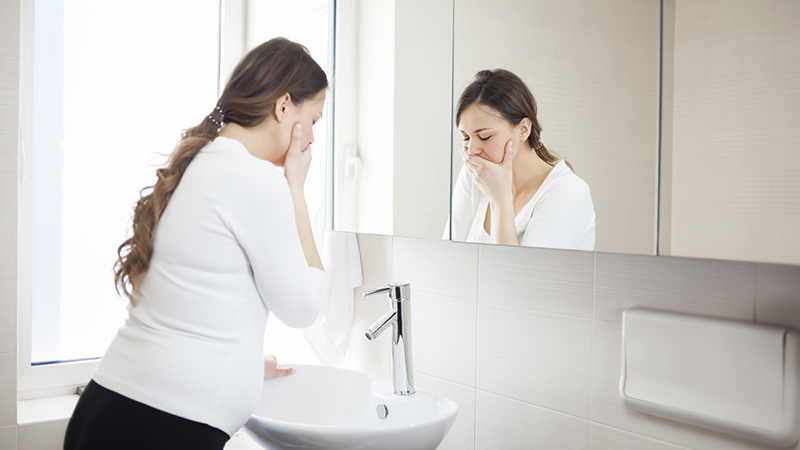Younger Onset Cancer: What You Should Know
A Certified Nurse Practitioner Talks Risk Factors and Prevention
Published November 2023
Early-onset cancer is commonly defined as cancer in people aged 18 to 49. In recent decades, rates of early-onset breast, liver, kidney and other cancers have increased in multiple countries. What might be the implications of the trend? A Northwestern Medicine nurse practitioner with expertise in oncology shares what you should know.
Understanding Risk
Over time, the health of populations can change from a variety of factors, including environmental, dietary and lifestyle. Additionally, says Michelle J. Munroe, APRN, of Northwestern Medicine, populations may have become more informed about their health as information and research grow and become more readily available.
“Screening guidelines are often tied to age, so that might not play in with younger people,” explains Munroe. “However, things may change based on family history and other factors.”
It is important to know there is no way to completely prevent cancer. Sometimes, cancer has nothing to do with your health, Munroe says. It can occur because of a genetic mutation or because of environmental factors out of your control.
Things may change based on family history and other factors.— Michelle J. Munroe, APRN
Prioritizing Prevention
There are practices and lifestyle choices you can make to help reduce your overall risk of cancer. These include:
- Get screened. Talk with your primary care team about what cancers you might need to be screened for. Depending on your age and risk factors, a screening may be key in helping prevent or catch cancer early.
- Stay up to date on your vaccinations. Some can help prevent some kinds of cancer. For example, the human papillomavirus (HPV) vaccine helps prevent most cervical cancers as well as some other kinds of cancer.
- Know your family history. If your care team finds a potential genetic predisposition for cancer, they can refer to you a genetic counselor or other clinician to help you learn about your risk.
- Maintain a healthy diet and exercise regimen. Also, avoid smoking and vaping, limit alcohol consumption and protect your skin from the sun to help lower your cancer risk.
Above all, Munroe says having a primary care team is a key way to keep up with your health needs — from cancer prevention to seasonal illness to mental health and more.
“Younger people in particular tend to not go to the doctor until something is wrong,” she explains. “When you establish a relationship with a clinician, you get a person that you can trust. You can come to them with your concerns and with any symptoms you may be experiencing.”





